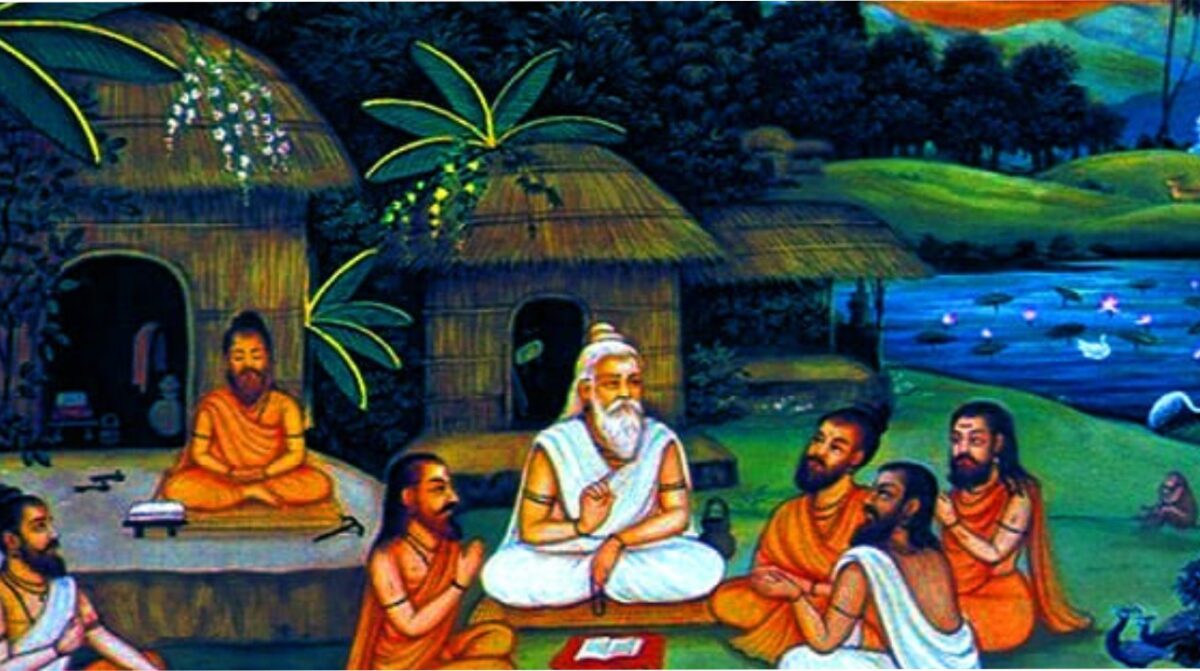Importance of Creative Thinking and Problem-Solving Skills
May 8, 2023Overcoming Anxiety: An Essential Skill in Upskilling
June 11, 2023
Ancient Indian Learning Structure
The ancient Indian learning structure was characterized by a system of education called Gurukul. The word "Gurukul" is derived from two words - "Guru" which means teacher and "Kul" which means family. In Gurukul, the teacher and the students lived together as a family, and the education was imparted in a holistic and experiential manner.
Here are some key features of the ancient Indian learning structure:
1. Teacher-student relationship:
The relationship between the teacher (Guru) and the student (Shishya) was of utmost importance. The Guru was not only a teacher but also a mentor, guide, and role model. The student lived with the Guru and his family and was expected to serve the Guru as a sign of respect and gratitude.
2. Experiential learning:
Learning was not limited to textbooks but was experiential in nature. Students learned through observation, participation, and practical experience. The Guru imparted knowledge through stories, discussions, and demonstrations.
3. Holistic education:
The education imparted in Gurukul was not limited to academic subjects but also included moral and ethical values, physical education, and practical skills. The aim was to develop the student's overall personality and prepare them for a fulfilling life.
4. Curriculum:
The curriculum in Gurukul included subjects such as language, mathematics, science, history, philosophy, and music. The focus was on developing a well-rounded individual with a broad range of knowledge and skills.
5. Social responsibility:
Students were taught to be socially responsible and to serve society. They were encouraged to use their education for the betterment of society and to live a life of service.
In conclusion, the ancient Indian learning structure was characterized by the Gurukul system, which emphasized the relationship between the teacher and the student, experiential learning, holistic education, a broad curriculum, and social responsibility. Although the Gurukul system is no longer prevalent, its principles and values continue to influence the Indian education system and society at large.






